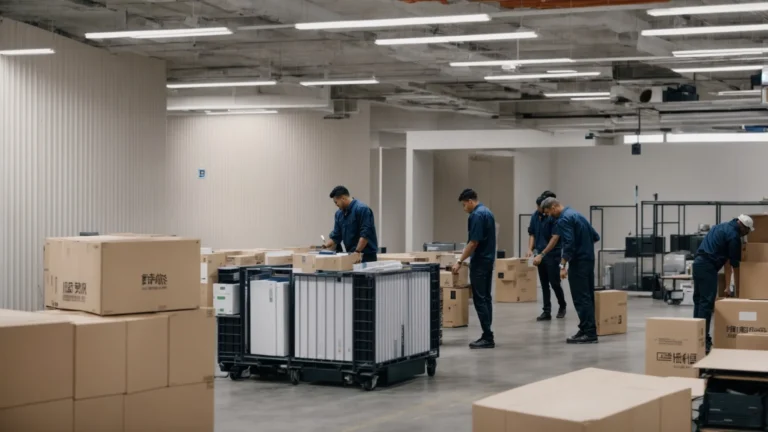When your loved one is coming home from a stint in prison, you want to make the transition as easy as possible. You want to help them re-adjust a family life and the culture outside of jail, but you also have to prepare yourself for the realities of life for the newly released.
How to find a loved one’s release date
The first step is finding out exactly when your loved one is due to be released. A simple place to start is with an inmate lookup so you can be exactly sure of all the contact information. When you visit the prison’s website, look for specifics about that prison’s protocol for releasing prisoners.
It’s also helpful if you know whether you’re dealing with a federal, provincial, or local Toronto area facility. If you know the prisoner’s ID number, this will help and it’s particularly important if your loved one has a fairly common name.
A few prison websites will allow you to look at prisoners’ release dates on their site, but in many cases, you have to call and ask directly. There are also sites available where you can set up a notification in case your loved one’s release date changes.
Three ways to prepare for your family members homecoming
1. Save money
It’s going to take a little while for your newly released love one to find a job. They’re going to need an adjustment period, and there may also be issues of probation restrictions you have to maneuver around. Finally, some employers are reluctant to hire people with a conviction, so it may take a little longer for your loved one to find work than you expect.
Having a bit of extra money provides you with a cushion for this time while you support your family member. Just make sure it’s clear that the support is temporary and they will need to find a job as soon as feasibly possible.
2. Plan Your Relationship
Whenever someone arrives home from a long absence, there’s an initial period of excitement where you enjoy spending time together again and everything goes well. Once that initial period wears off, you need a plan for what your relationship will look like.
Things can get difficult, especially if the job hunt takes a while or if there are children involved. Building family relationships takes time and effort, so plan out the strategies you’ll take to facilitate communication between you and your family member so you can build a strong and healthy relationship for the future.
3. Anticipate future needs
There are certain resources you may need to call on during this time, and if you have these in hand before your loved one is released, life will be easier to navigate. These could include information on public transportation routes, financial support, vocational training or employment assistance, or help for addiction at a Toronto rehab.
You may also need someone to watch the kids so that you can go to work and your loved one can go to job interviews. It’s hard to know in advance what issues might arise, so the better prepared you are now, the smoother everything will go.



